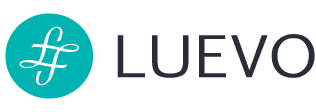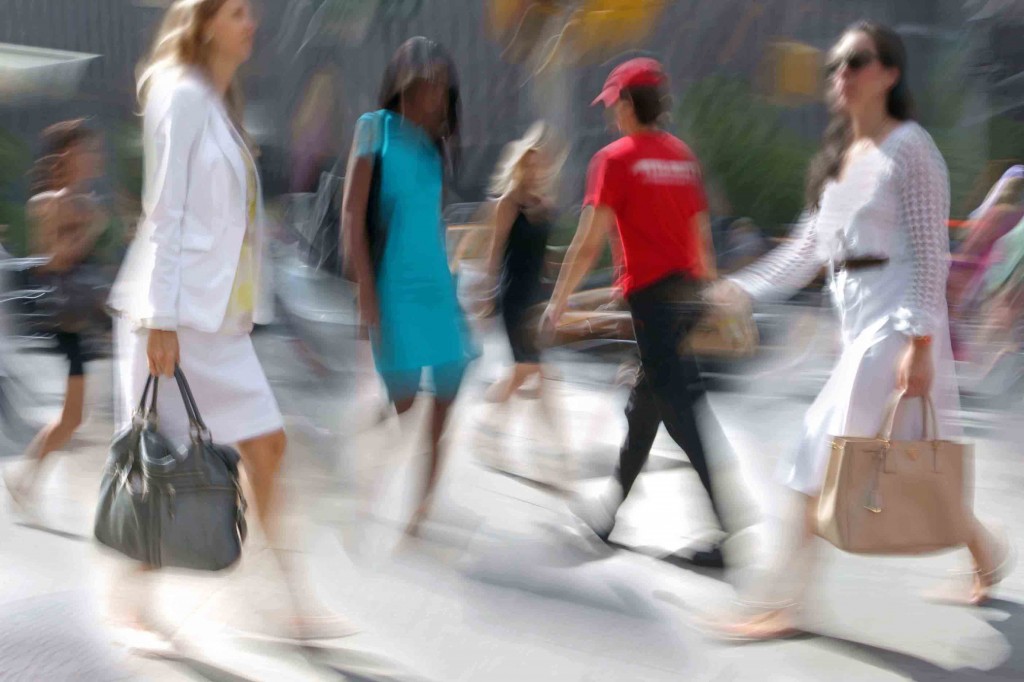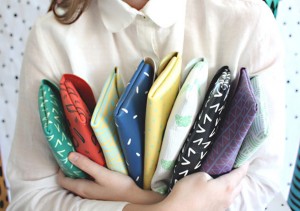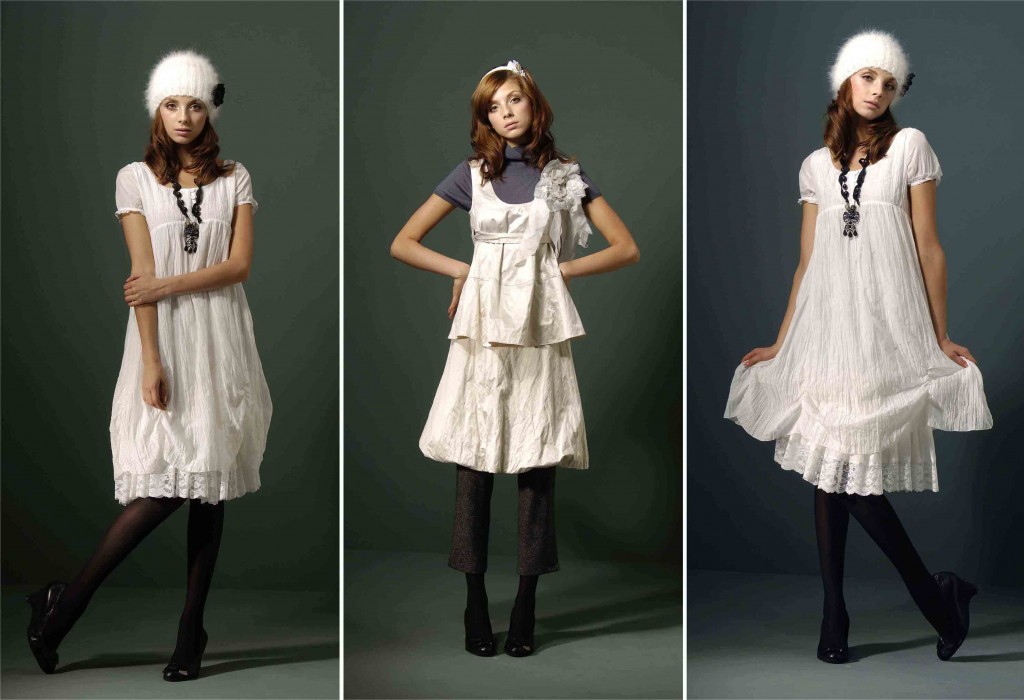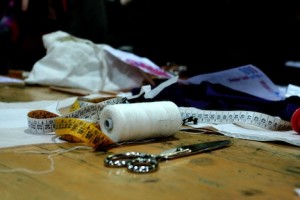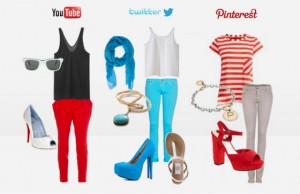3 Tips for the Emerging Fashion Designer
Yet another week of fashion extravaganza stormed through our city, and many emerging fashion designers have had the opportunity to mingle, network or even launch their collections.
I am a big follower of everything that moves in the fashion industry: bloggers, stylists, designers, fashionistas and pretty much anyone that cares and is involved in the local fashion scene. I lived every moment of the fashion week by digesting Twitter feeds , Instagram pictures and Facebook posts.
And here is tip #1: If you are an aspiring or emerging fashion designer – you must stay connected to your local fashion influencers! Twitter is a good place to “stalk” them and stay up-to-date with latest news and events in the fashion industry. Find bloggers, stylists, fashion publications and organizations that will surely overload you with the latest fashion news.
Indeed, during fashion week it can be a little overwhelming with all the media hype around the big established designers and the runway shows. But learn to listen and filter to what is of real value to you
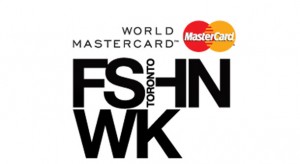
Tip #2: Attend smaller events where you can get valuable networking done.
Best part of fashion week is the high concentration of fashion influencers, but you will have to find the appropriate event to network with them. One of these opportunities was the speed-networking event organized by Fashion Group international and Fashion Takes Action. This event is typically sold-out, and you can meet with potential clients, HR recruiting firms specializing in fashion, bloggers, boutique owners and mentors. I recommend these types of events to anyone starting up in any kind of industry, and make sure you bring tons of business cards!
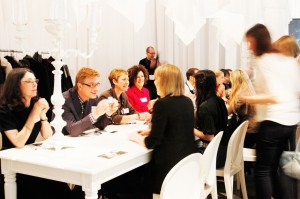
Tip #3: Enroll in industry specific organizations before the fashion week.
You are very lucky to be able to start a fashion business in a city like Toronto. Bigger metropolitan cities typically have fashion hubs that come with non-for-profit organizations, incubators, and an abundance of mentors. Being part of these will give you access to latest news, reduced ticket prices to fashion events and more networking opportunities.
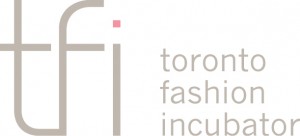
Here is a short list of organizations that as an aspiring or emerging fashion designer in Toronto you should seriously consider:
Toronto Fashion Incubator – an innovative and highly respected non-profit organization dedicated to supporting and nurturing small business entrepreneurs in the fashion industry.
Fashion Group International – global non-profit organization of executives, designers and entrepreneurs in more than 30 chapters around the world. Toronto is their only Canadian chapter.
Fashion Takes Action – Canada’s premier non-profit organization that focuses on sustainability in the fashion industry.
